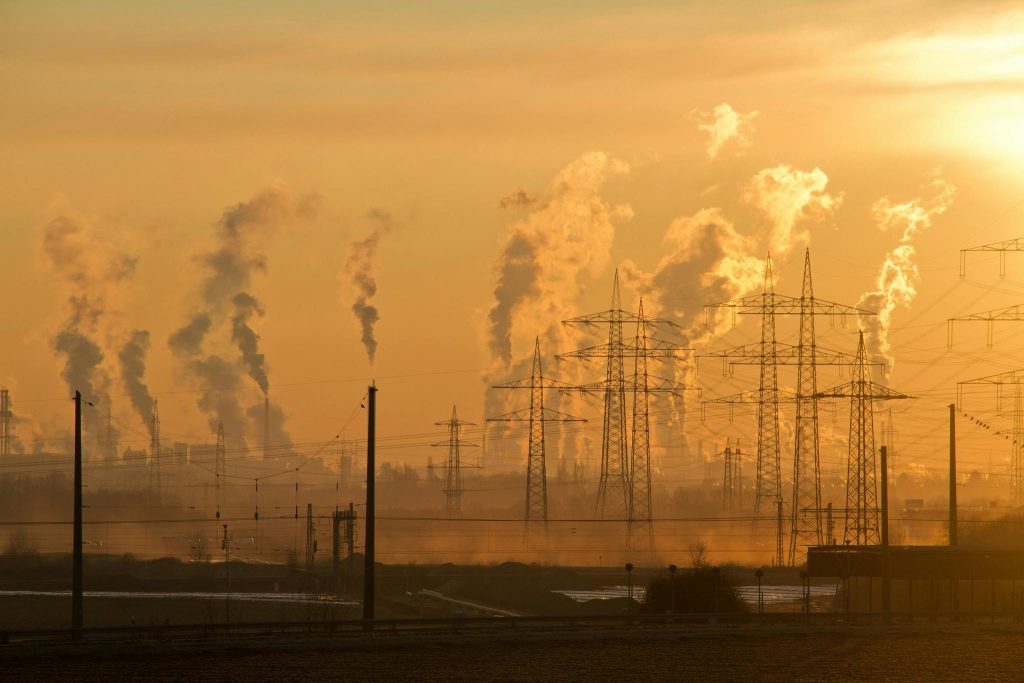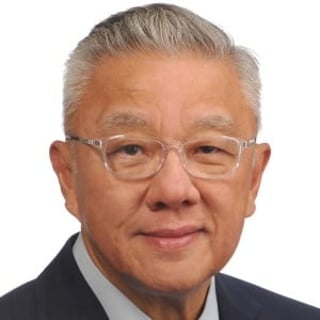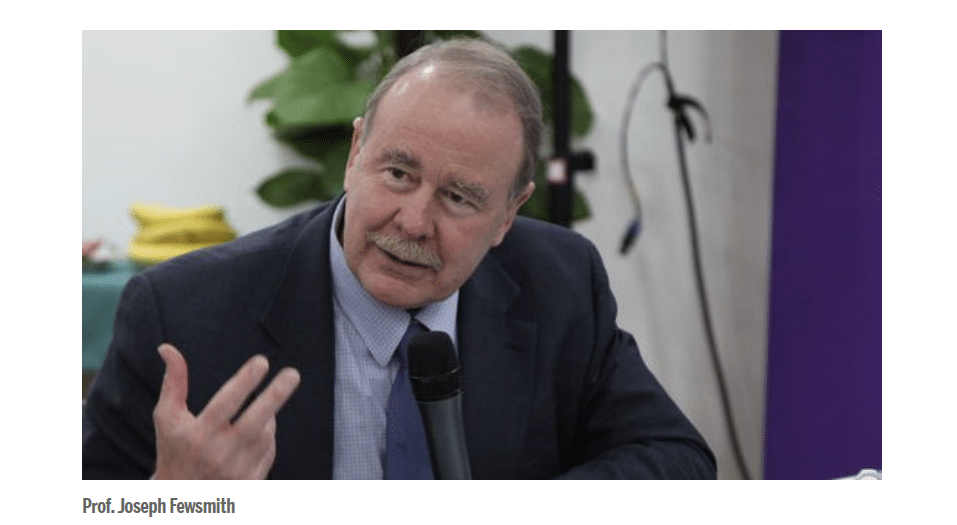Japan’s Prime Minister Takaichi Finally Says Something Close to What Beijing Wants to Hear
US Must be Consistent to Reclaim Climate Leadership Role from China

This article was originally published by the South China Morning Post and is republished here with Fred Teng’s permission.
With the 29th United Nations Climate Change Conference (Cop29) under way in Baku, Azerbaijan, the global community stands at a pivotal moment in its fight against climate change. For years, international climate negotiations have hinged on cooperation between two of the largest emitters – the United States and China.
While China has steadily expanded its renewable energy capacity and strengthened its global influence in climate policy, the US faces a credibility crisis as political volatility undermines its leadership.
The specter of the US potentially withdrawing from the Paris Agreement under a second Trump administration casts a shadow over the conference. This uncertainty risks derailing global climate progress and leaves many questioning the US’ role in the collective effort to address the most urgent crisis of our time.
The US’ commitment to international climate efforts has been marked by a series of dramatic reversals. In 2015, under president Barack Obama, the US played a pivotal role in securing the Paris Agreement, a landmark accord in which nearly 200 countries committed to limiting global warming to below 2 degrees Celsius. This was hailed as a triumph of diplomacy, symbolizing unity against a common threat.
However, two years later, the Donald Trump administration announced the US’ withdrawal from the agreement, citing concerns over economic sovereignty. The decision sent shock waves through the international community, signaling a US retreat from global climate diplomacy. Hope was rekindled when US President Joe Biden re-entered the agreement in 2021 but the damage to US credibility lingered.
With the looming threat of another US withdrawal, the international community faces the prospect of further instability. A second exit from the Paris Agreement would not only erode trust but also weaken the collaborative framework needed to achieve global climate goals. Such a move would undermine the US’ ability to lead by example, a role it once embraced with vigor.
The stakes are particularly high at Cop29, where countries are negotiating financial commitments for post-2025 climate action. Developing nations, which are the most vulnerable to climate change, depend on resources promised by wealthier countries to transition to renewable energy and build resilience against climate-related disasters. These financial pledges are critical to bridging the gap between ambition and action.
Yet, the US’ credibility as a financial and diplomatic leader has been diminished. Other nations are left to question whether the US can be relied upon to honor long-term commitments. However, this uncertainty creates a vacuum that other global powers are beginning to fill.
While the US grapples with its internal challenges, China has emerged as a dominant force in renewable energy and climate diplomacy. Over the past decade, China has invested heavily in solar panels, wind turbines, batteries and electric vehicles, becoming the world’s largest manufacturer in each of these sectors. China is likely to meet its 2030 wind and solar energy targets six years ahead of schedule and is also on track to peak its carbon emissions sooner than expected.
China’s achievements have not gone unnoticed at Cop29, where many nations view it as a reliable partner in the transition to a greener future. Questions remain about China’s role in international climate finance but its consistent focus on renewable energy has made it a natural leader in the global effort to combat climate change.
For the US to regain its position as a global climate leader, it must be ambitious and consistent. Rebuilding trust requires not only staying in international agreements but also showing tangible progress at home. This includes doubling down on renewable energy investments, accelerating the adoption of electric vehicles, and enacting policies that reduce greenhouse gas emissions across all sectors.
The US also must fulfil its financial commitments to developing nations. This is not merely a matter of diplomacy but of equity. As one of the largest historical emitters, the US has a moral and practical obligation to support countries that are most vulnerable to the disasters of climate change. Meeting its commitments would show the US is serious about being a responsible leader and partner.
Domestic politics pose one of the greatest challenges to US climate leadership. The whiplash between administrations highlights the need for bipartisan support for climate action. Establishing durable policies that transcend party lines is critical to ensuring that the US remains a reliable player on the global stage.
The climate crisis is not a partisan issue – it is a global one. Both of the dominant US political parties must recognize that investing in renewable energy, strengthening infrastructure and reducing emissions are not only environmental imperatives but also opportunities to drive economic growth and innovation.
Cop29 is more than a conference; it reflects the world’s collective effort to address an existential threat. For the US, it is a chance to recommit to global leadership and show it can be a dependable ally in the fight against climate change. The path forward requires more than rhetoric; it demands action, consistency and collaboration.
Decisions made in Baku will shape the trajectory of climate action for years to come. As the world watches, the US has a chance to prove that it can rise to the challenge. By embracing its role as a leader and partner, the US can help chart a course toward a sustainable and equitable future for all. The time to act is now.
Fred Teng is president of the America China Public Affairs Institute. He is also an honorary fellow of the Foreign Policy Association, senior adviser to the China-United States Exchange Foundation, executive council member of the Center for China and Globalization, and a visiting professor at the School of International Studies, Sichuan University.
The views expressed in this article represent those of the author(s) and not those of The Carter Center.
Author
-

Fred Teng is president of the America China Public Affairs Institute. He is also an honorary fellow of the Foreign Policy Association, senior adviser to the China-United States Exchange Foundation, executive council member of the Center for China and Globalization, and a visiting professor at the School of International Studies, Sichuan University.







